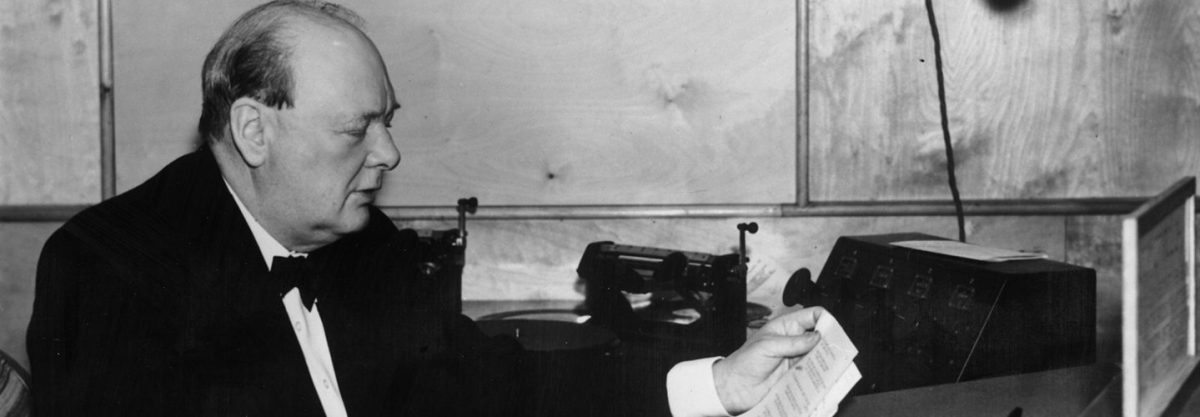On June 4, 1940, Winston Churchill gave one of the most rousing and iconic addresses of World War II: his “We shall fight on the beaches” speech. Though history reveres this speech, it was actually quite depressing for the Brits — though it has been argued that the speech was not for them, but for the Americans who were still sitting on the sidelines, writes Smithsonian Magazine.
However, Smithsonian writes that the most surprising thing, is that Churchill’s speech was not broadcast over the radio to the British public, and that most Britons and Americans did not hear the speech until decades later. And the recording that has been heard round the world was actually recorded in 1949, from the comfort of his own home. The House of Commons was not wired for sound in 1940, so any public broadcast would have to be delivered again, specifically for radio. But Churchill was too busy and uninterested to do this, and so radio journalists just reported his words on the air.
Oddly enough, some people believe that they did hear it on the radio though. Nella Last, a British housewife who kept diaries during the war, wrote in 1947, “I remember that husky, rather stuttering voice acclaiming that we would ‘fight on the beaches, on the streets. I felt my head rise as if galvanised and a feeling that ‘I’ll be there — count on me; I’ll not fail you.’” Even a Dunkirk soldier thought he had heard the speech, writes Smithsonian. Some began to think they heard an impersonator deliver the words.
There is no evidence that any version of the speech, imposter or not, was broadcast on June 4, 1940. But Smithsonian writes that there are a few reasons behind the false memories. Perhaps there is a drive to remember the war in rosier terms than the actual details reveal. Or potentially people long to be part of a cultural moment, even if it didn’t exist.
This article was featured in the InsideHook newsletter. Sign up now.
























